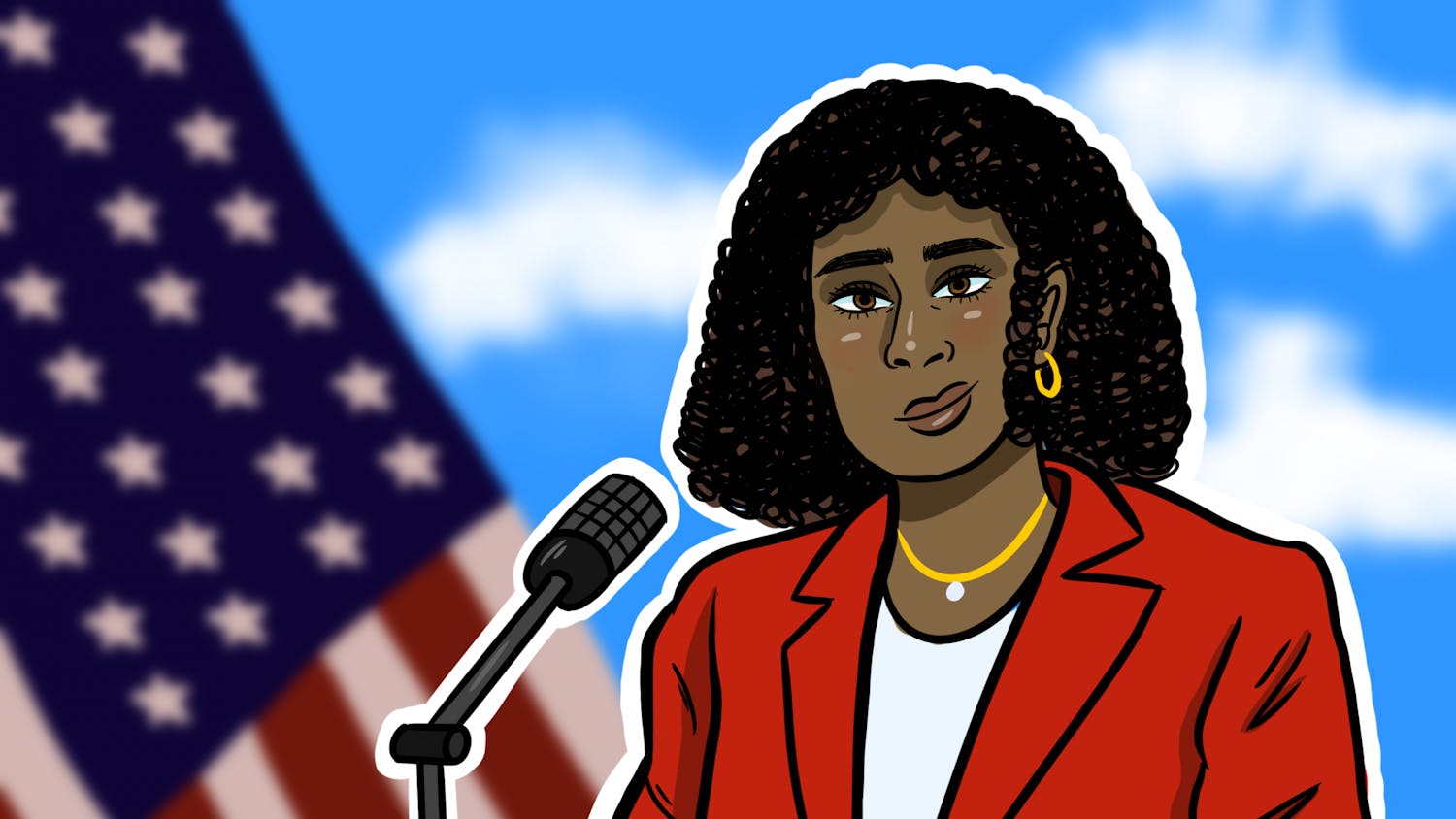Billie Eilish dressing up as a baby and her ten years senior boyfriend, Jesse Rutherford, dressing up as an old man for Halloween seemed like a satirical take on ‘playing the victim:’ an off-putting joke that has fans stirring.
The sentence above centers around Eilish with no acknowledgment that Rutherford may have pushed her into the publicity stunt, if we want to talk about hypotheticals. We are so quick to suspect grooming, but until anything is admitted, we should all take a second to educate ourselves on how society, tabloids, and social media tend to skew our level of trust in a woman’s victimhood by controlling what perspective they want us to focus on.
Society and shockingly many women tend to jump at the opportunity to take another woman down a peg or just ignore her completely by focusing on supporting the man.
For example, if we look at how hated Amber Heard was throughout her defamation trial with Johnny Depp, which Rayne Fisher-Quann, an influencer and essayist, potently writes about in “who's afraid of amber heard?” “Popular discourse acts as though there are only two feasible options when it comes to a woman’s innocence,” she writes. “Either she’s an evil, psychotic manipulator who’s guilty on all counts, or she must have to be a perfectly innocent angel who’s never done anything wrong.” When women don’t fit into this image of the model victim, the media makes them.
We start to forget that women don’t have to be perfect. We forget that experiencing abuse or the effects of power dynamics in a relationship (like age gaps), can cause a woman to do questionable things: lie, use violence, or think a couple's costume of a baby and old man is appropriate.
These questionable behaviors are opportunities for some people to immediately lose their respect for, in this case Heard or Eilish. If they distrust Heard for not being perfectly in check of her emotions, physical actions or mental state because of the abusive situation she was in, then the odds of them trusting any woman, without Heard’s fame, beauty, access to resources, money, but just her word, in a situation of abuse, is pathetically low.
This article from Vox states, “If this case proved one thing, however, it’s that Johnny Depp is still a star, and he’s still capable of commanding the nation’s attention.” If that’s the one thing you got from this peak in celebrity drama, then we need to do better by refocusing the conversation on how women are set up to be silenced.
Assuming Eilish is being groomed and then reminding Eilish of her song ‘Your Power,’ which addresses women’s abusive experience with power dynamics in the entertainment industry, by commenting on her social media posts, has no other purpose other than to call Eilish a hypocrite and to make oneself feel like a better, smarter woman than Eilish.
It is not confirmed that Rutherford is grooming Eilish. People suspect grooming, however, due to the couple knowing each other since Eilish was fifteen. If grooming is ever admitted by Eilish or Rutherford, this detail of Rutherford and Eilish being closely acquainted since she was a minor would be better utilized if to acknowledge that Eilish has been in the cycle of manipulation from an aged and gendered power dynamic for over six years.
We cannot use this fact months from now or years if Eilish ever comes out about experiencing abuse or accuses Rutherford specifically. We must not use it to make Eilish seem less trustworthy or less worthy of your empathy if claims arise like, “why now, does she just want to take down Rutherford in an attempt to save or reignite her career/image” or “why didn’t she speak out sooner if this has been happening for *blank* number of years” or “she was an adult since the actual start of their relationship; she should have known better, especially considering she’s written a song about sexual misconduct.” We can’t let the media manipulate us into seeing Eilish through the lens of the inaccurate model victim archetype in order to keep the abuse of power in the entertainment industry inconspicuous by silencing women.
I encourage you to not feel settled on this issue. Keep seeking out sources and making connections, as I plan to.
Ceci Brown is a sophomore studying media arts production at Ohio University. Please note that the views and opinions of the columnists do not reflect those of The Post. Want to talk more about it? Let Ceci know by emailing her at cb870820@ohio.edu.






